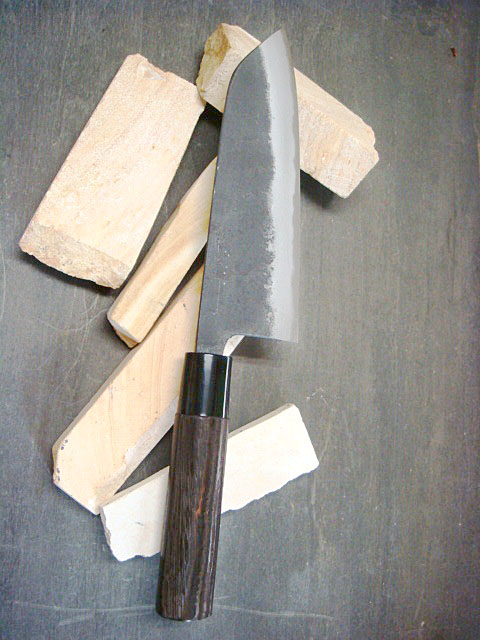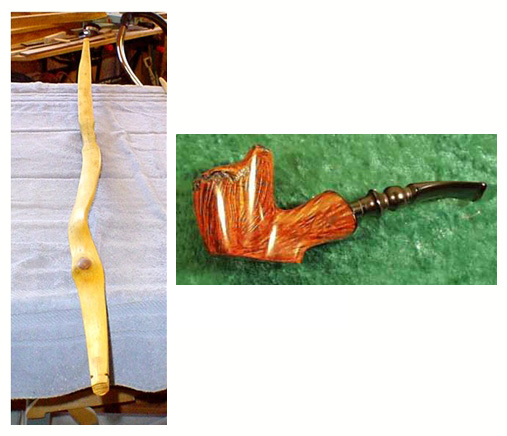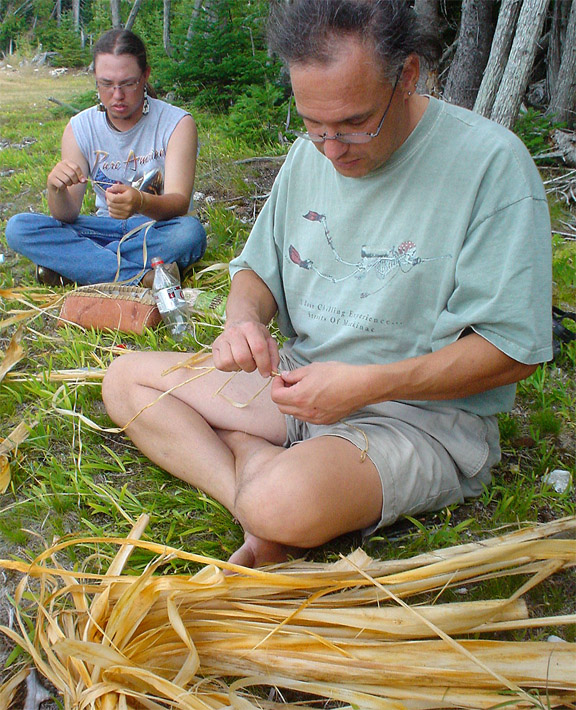Here’s a guy running an eBay store that offers traditionally made hand-forged tools. He says he’s also a carpenter who makes traditional buildings. These tools seem about 30% cheaper than similar items I’ve sen. He says this is because he’s so young. I like reading his “Jinglish” listings. The natural whetstone stuff is fascinating, too. (He even offers a whetstone book.)
(I’ve always enjoyed sharpening tools but I might be taking a step up soon…we’ll see…I’ve noticed some materials about flatness of stone…and I’ve yet to work with polishing compound, buffing wheel or strops. I should give these extra steps a try to see how it plays out. My stuff tends to be hair-shaving sharp…but, ya know, I’ve tested some of my recent work and IT’S NOT. Gulp! Plus, I’ve been used to having basically the sharpest blades, but now a friend has been saying things like “WHAT did you do to this edge? Darn that’s dull” and other worrisome things. I’ll have to see HIS work sometime. Talk is cheap, baby!)
I note that the hammer this guy sells is made by the last of the old hammer-forgers. That’s kinda neat.
Here are some notes from his listing for his $59 Santoku kitchen knife:
He was forged for a long span between hot and to get enough cold.
And it was done many times.
The cold forging takes many handing but it may bring super sharpness.
Why the mark left his hammer? If the soft iron has many mark left his hammer work, you can notify that the foods remove from the blade naturally.
It is so hard to get a rust.
I think, you cannot believe them immediately.
Handle:
burned Japanese chestnut.
It is known as one of the handle having the most durability water and corruption.
With this dark color, the dirt is not outstanding.
Look at the last pic the handle is filled with water resist resin!!
Blacksmith:
Yamawaku lives in Sanjyo Niigata.
He is so young but his skill is got.
Why ultra cheap??
He is young.
But he use charcoal.
He like my Natural water stone.


https://stores.ebay.com/Japanese-tools-whetstone-for-sword



